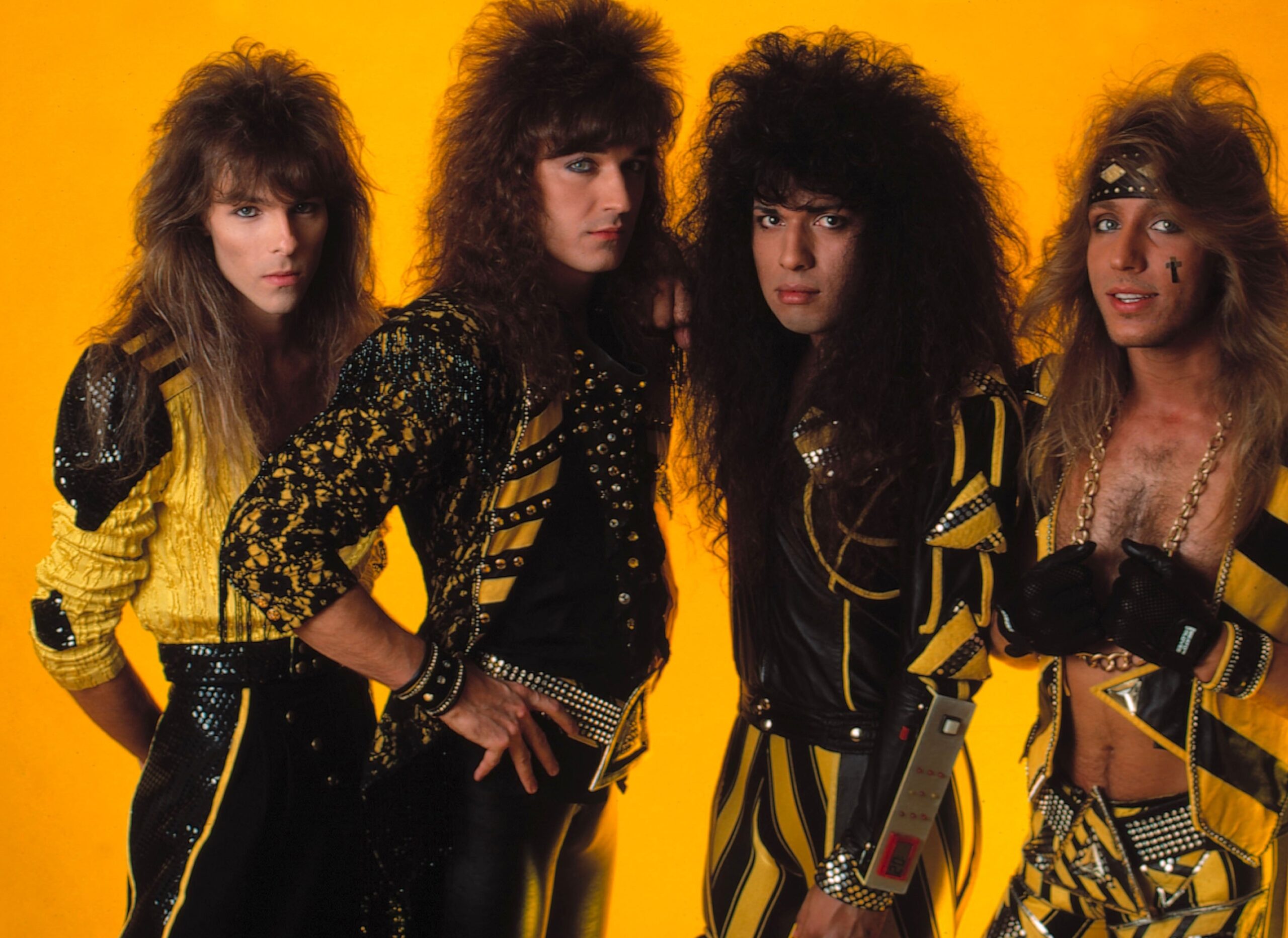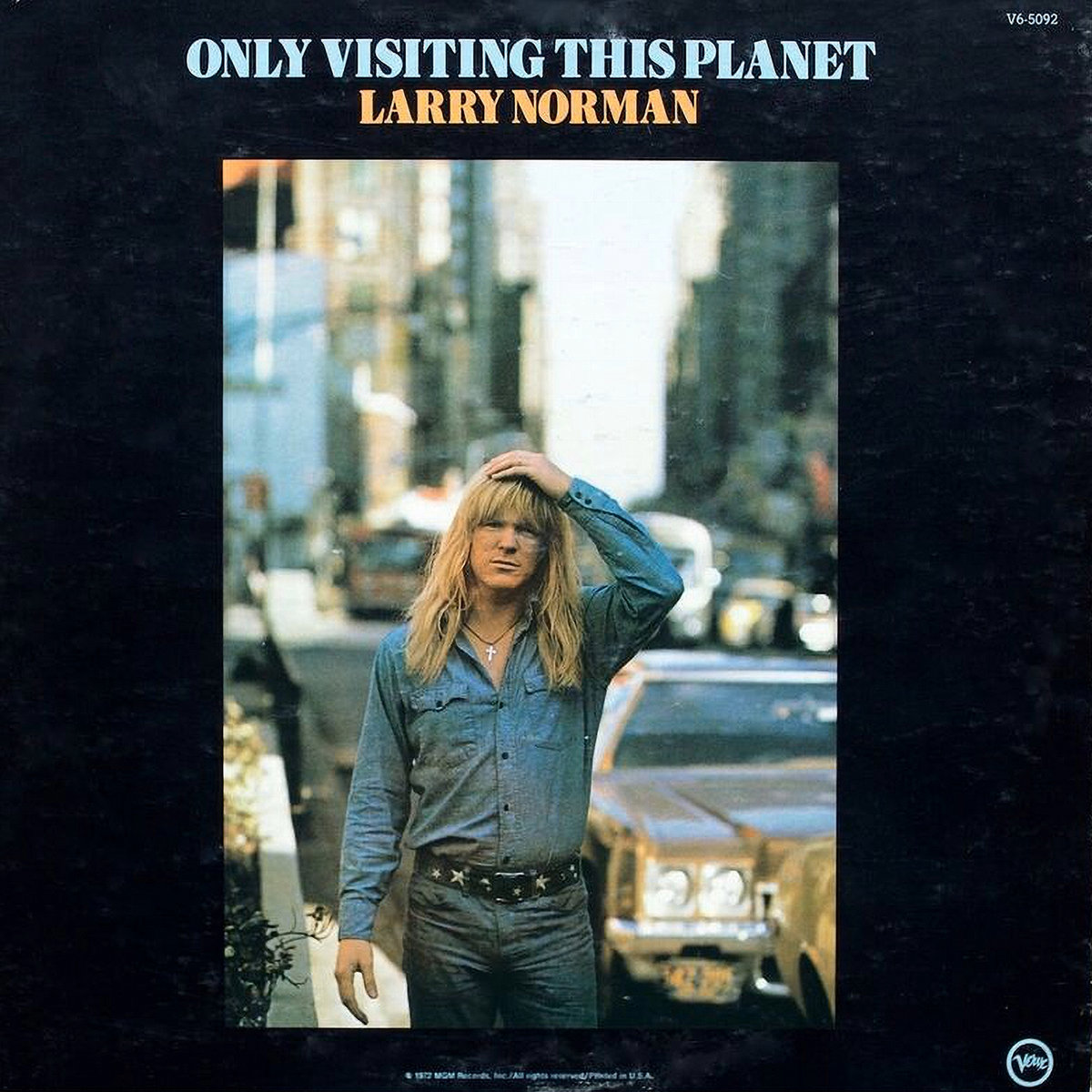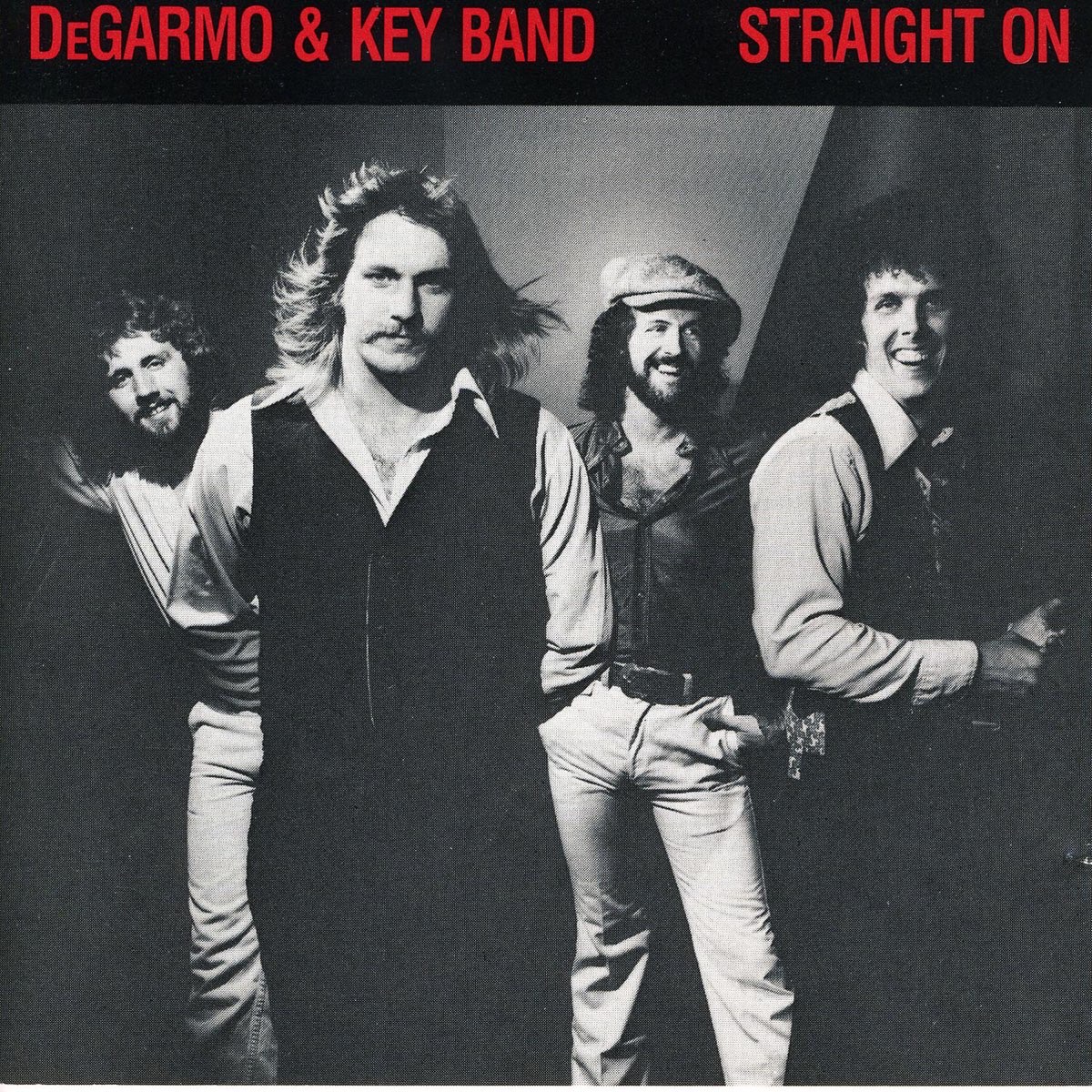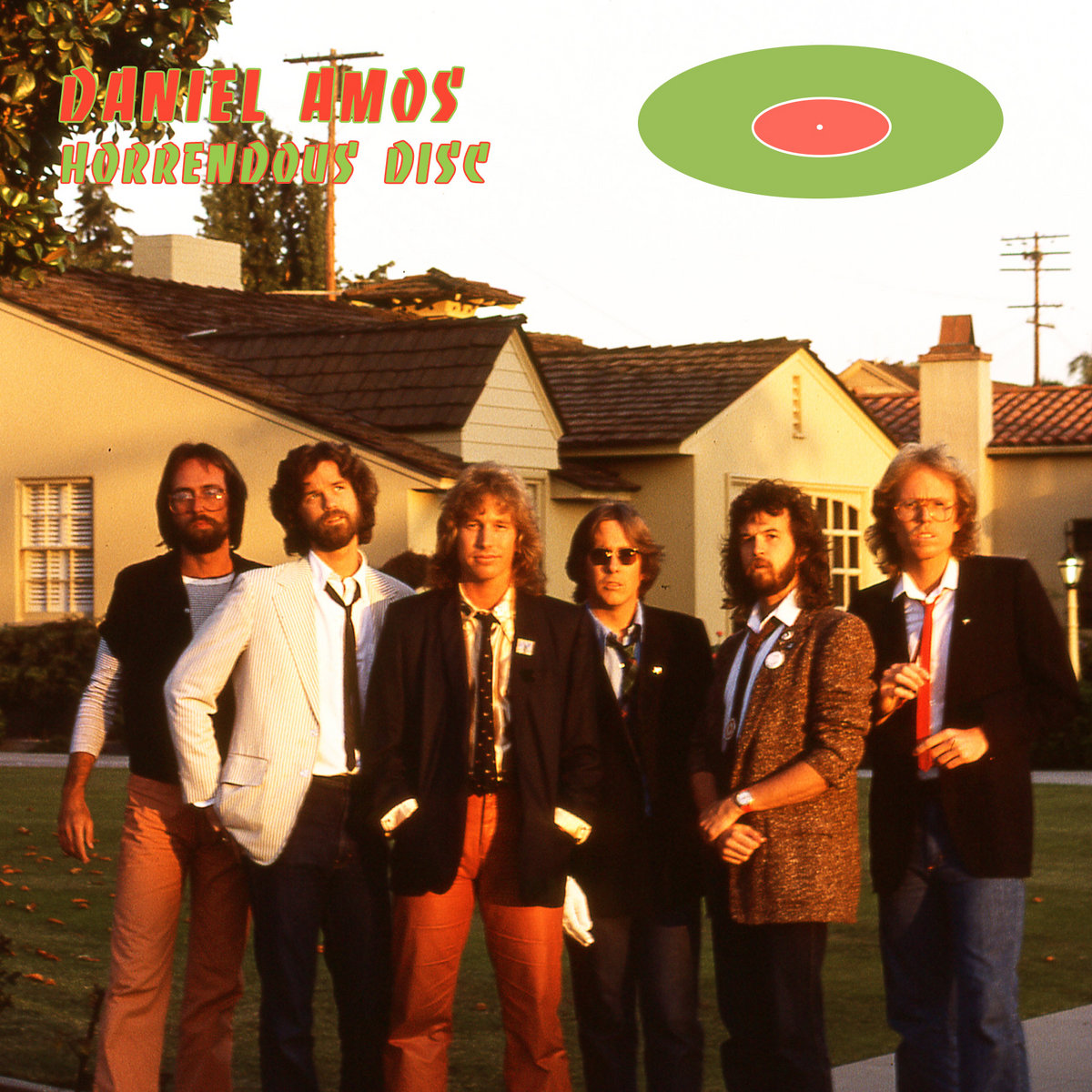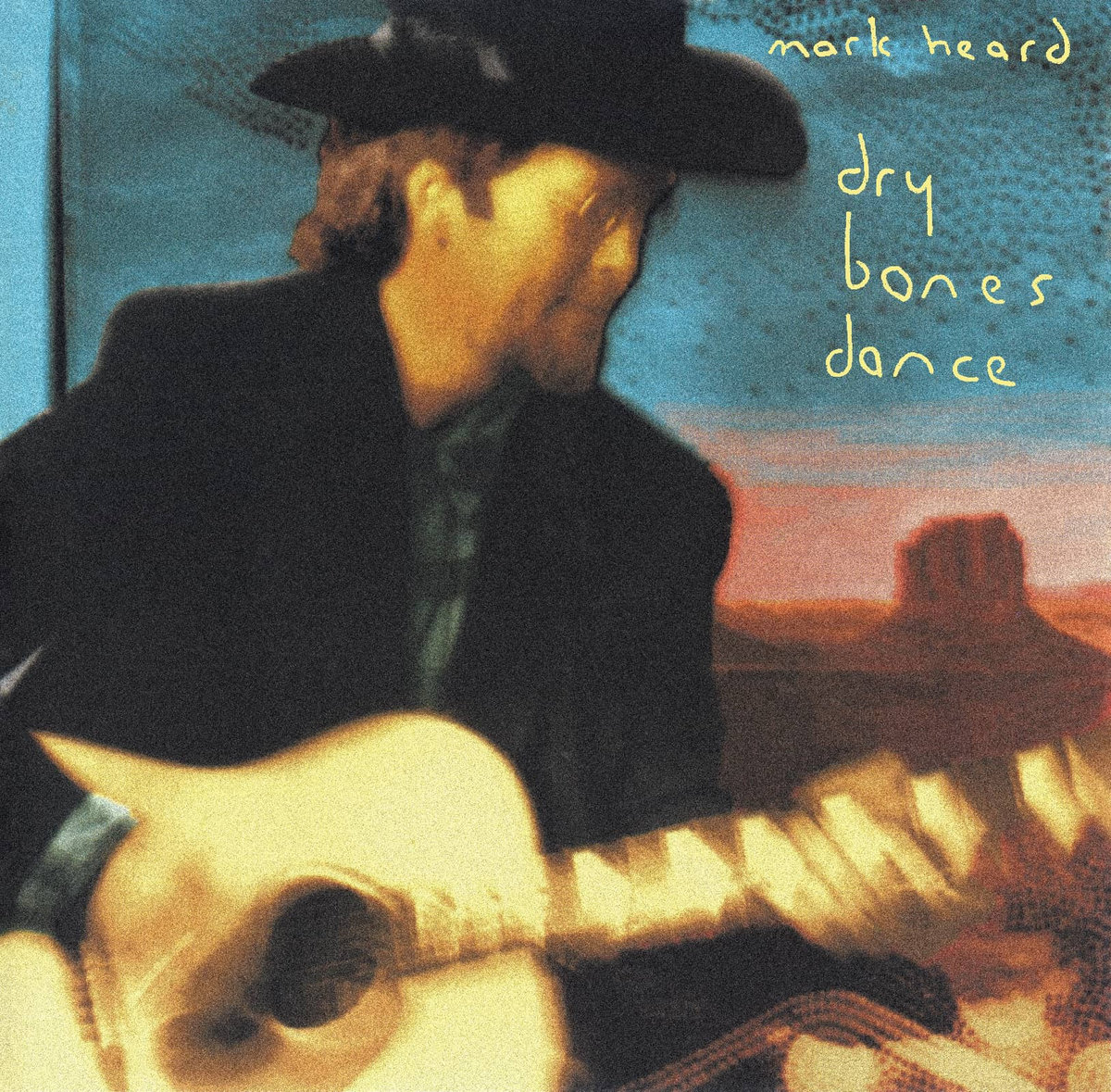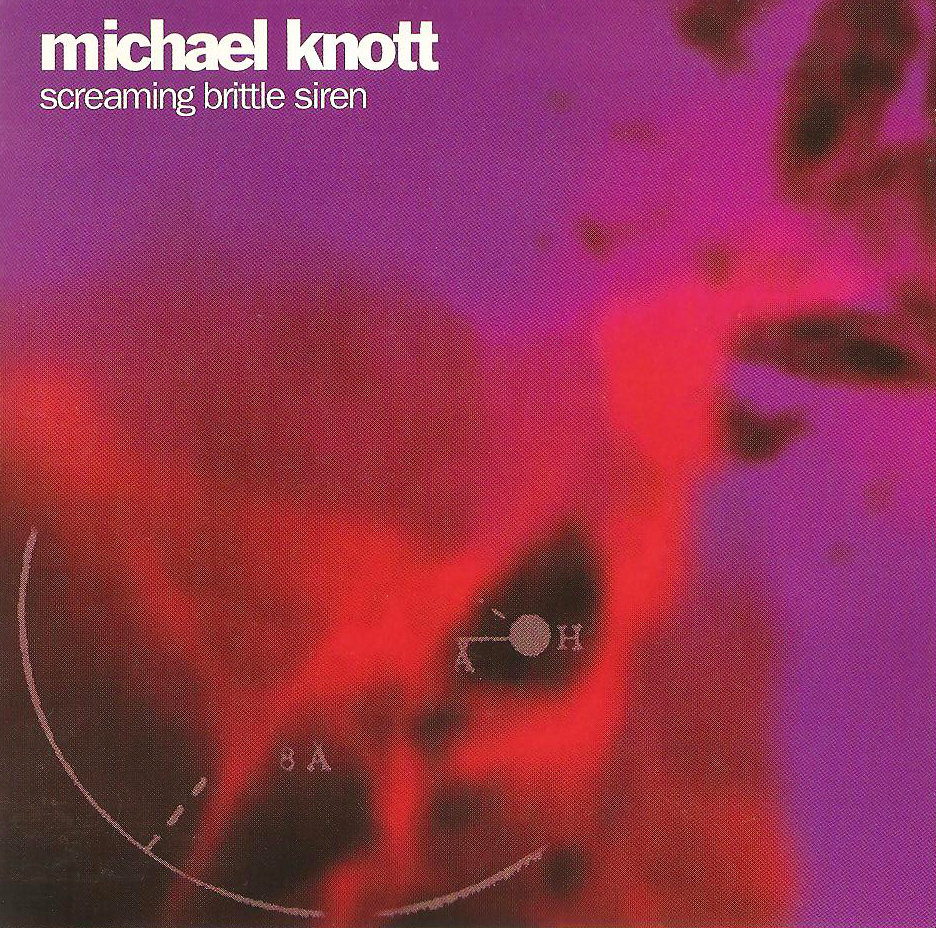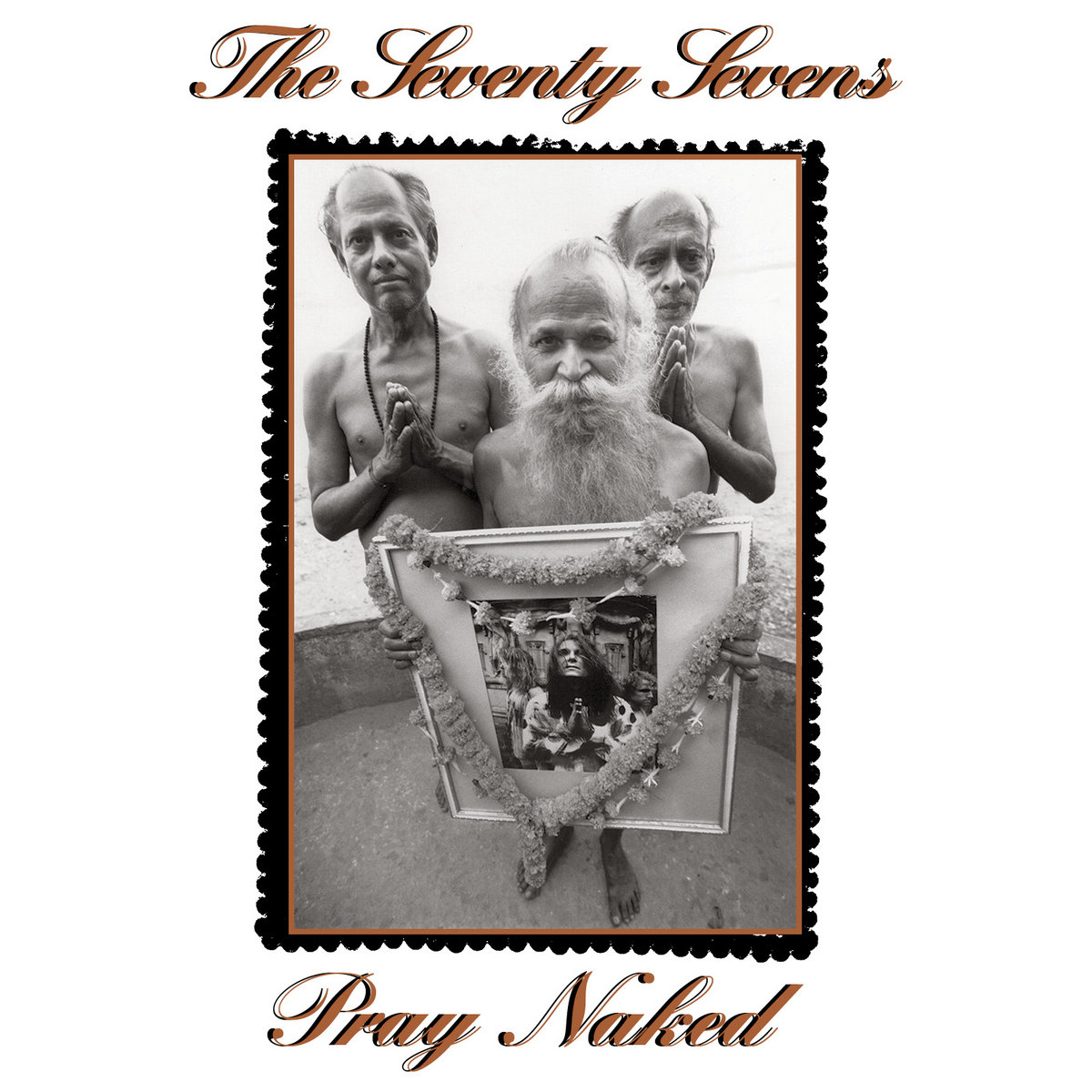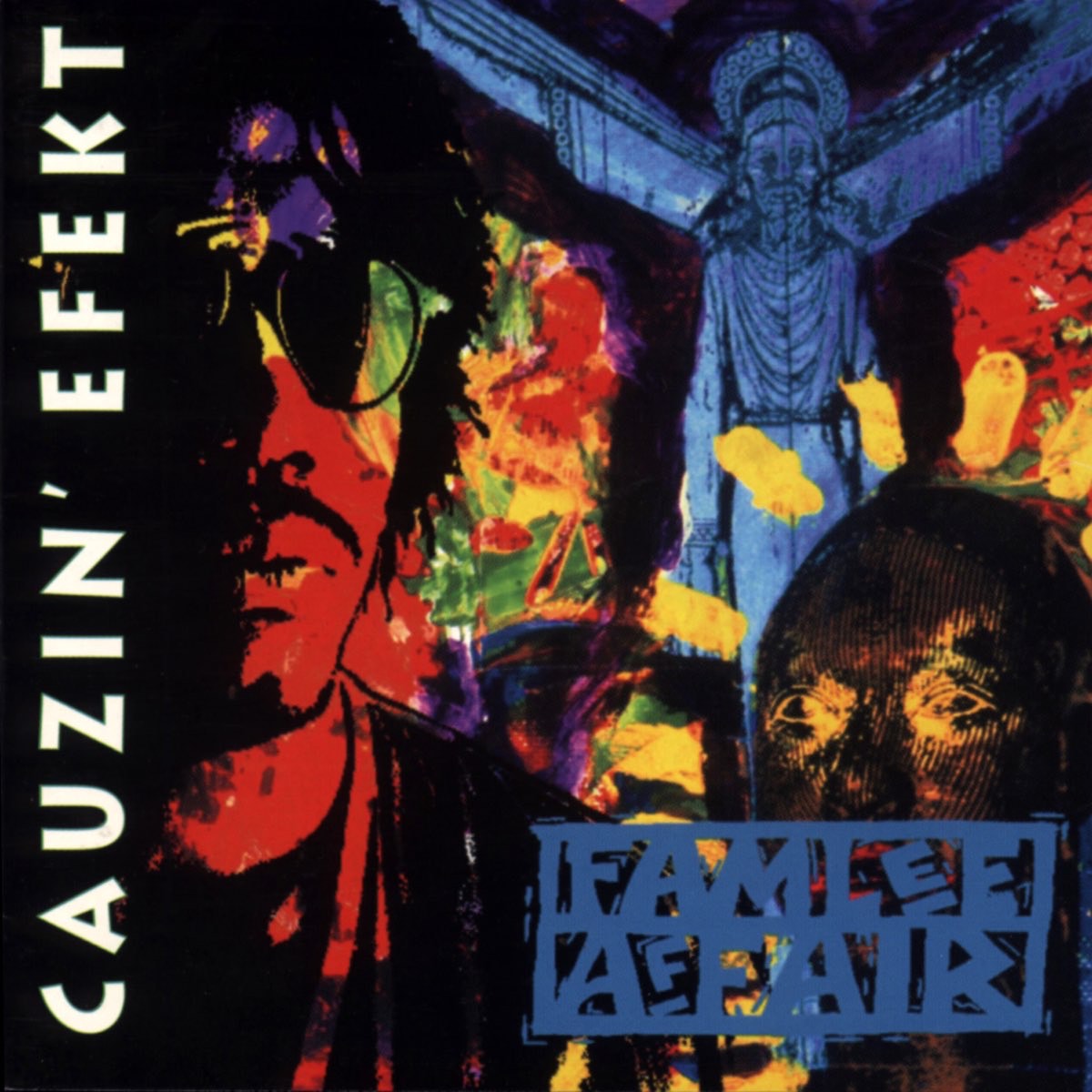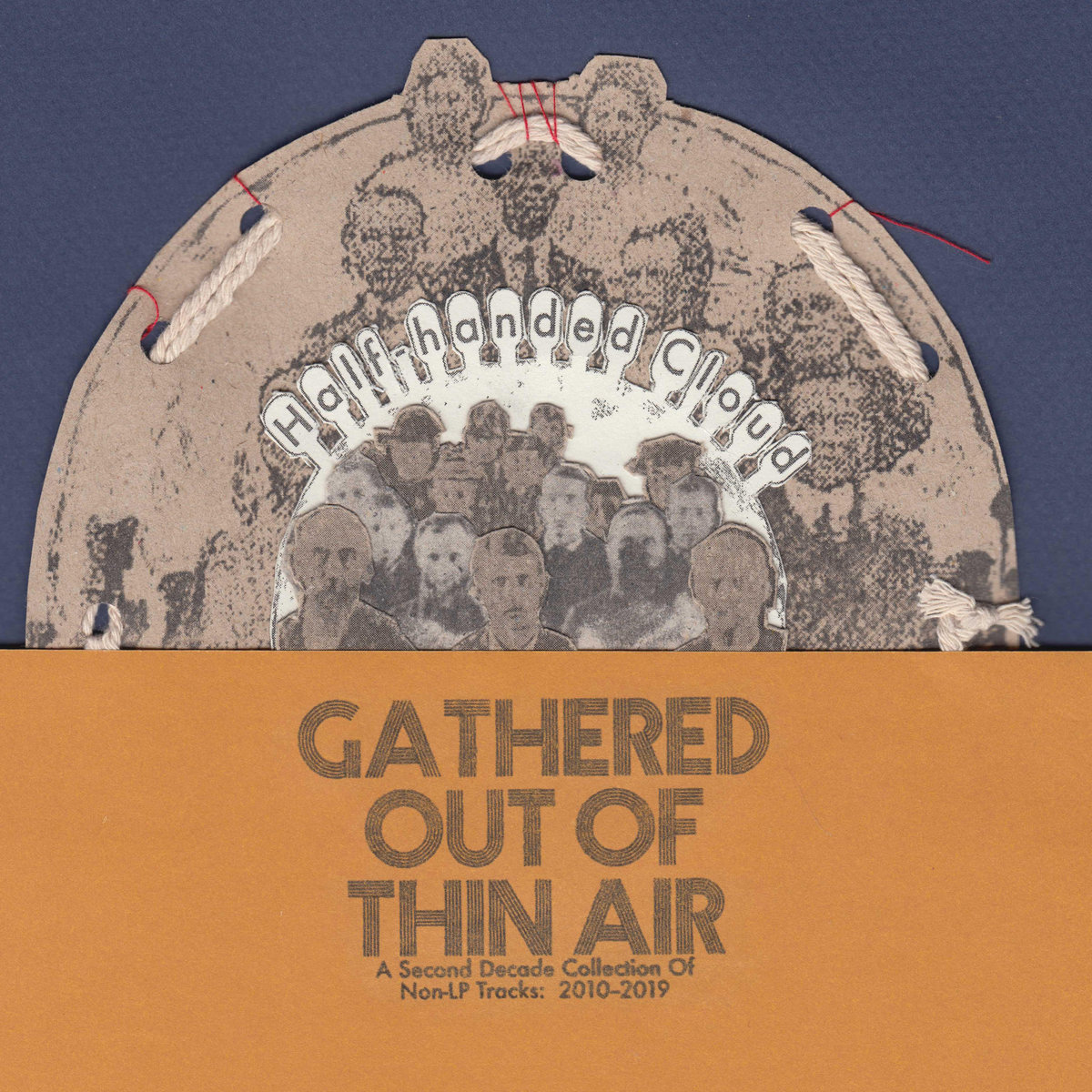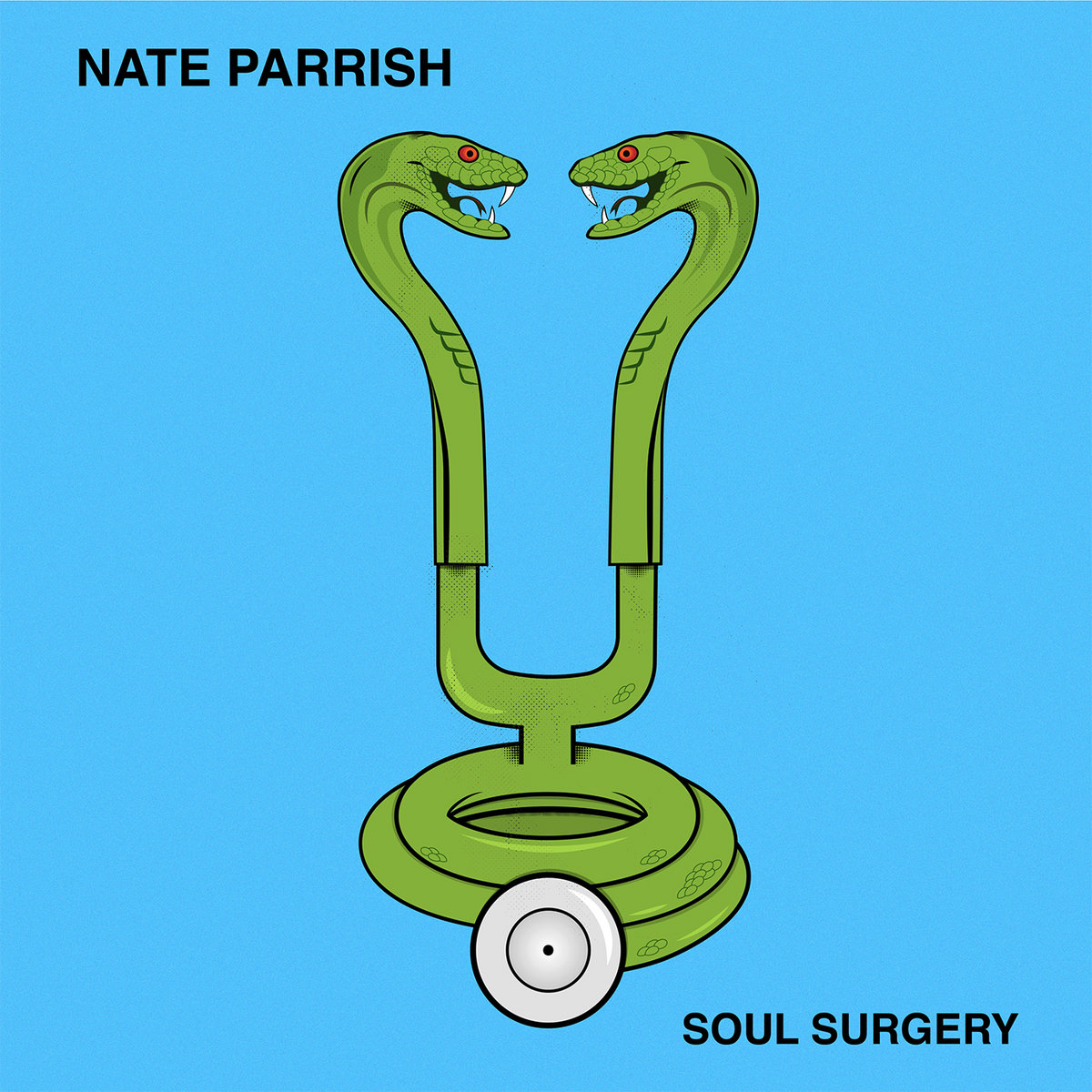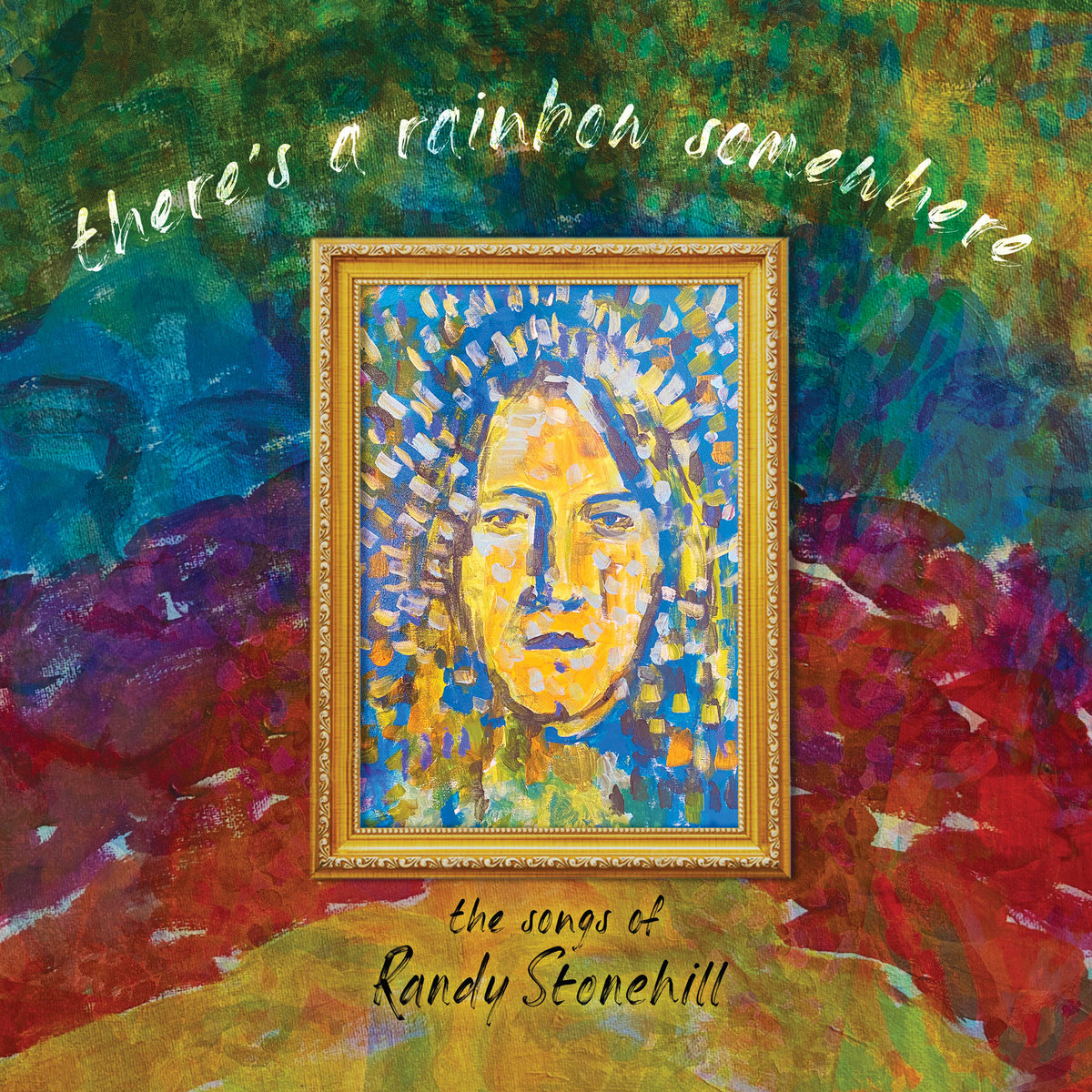Right around the time that the Beatles began outpointing Jesus in the popularity department, four different British rock and rollers, calling themselves the Pilgrims, decided that they wanted to give Jesus a fighting chance. So they made records—and converts. Other similarly inclined combos followed suit. The fad, as all fads do, rose and fell, and that should have been that as far as evangelistic rock ‘n roll was concerned.
Except it wasn’t. Apparently, some of the seeds scattered by the Brits had gone airborne, crossing the Atlantic like pod spores in Invasion of the Body Snatchers and taking root in what, by 1971, Time magazine was calling “The Jesus Revolution.”
To that revolution’s foot soldiers (mostly ex-hippies jacked on fresh born-again zeal), the idea of celebrating and spreading their newfound faith using amplified guitars, basses, and drums made perfect sense. So celebrate it and spread it they did.
A few of those early revolutionaries had enjoyed prior “secular” success (Noel Stookey in Peter, Paul & Mary, Phil Keaggy in Glass Harp, Barry McGuire with “Eve of Destruction”). The majority, however, had not, and “crossing over” was seldom in the cards.
The British new wavers After the Fire came close in the early ’80s, only to break up just as their cover of Falco’s “Der Kommissar” and their stints opening for ELO, Queen, and Van Halen were putting them on people’s radar. The Christian metal band Stryper made Billboard’s Top 40 with the 1987 ballad “Honestly” and became an MTV staple with 1988’s “Always There for You.” But in the early ’90s, that band broke up too. Amy Grant’s Heart in Motion yielded four top-10 singles in 1991. And, no, she didn’t break up. Her marriage did, though, making the trails she’d blazed look more foreboding than inviting.
So, basically, before the Internet shattered the business-as-usual system of music dissemination and categorization, the fact that most Christian performers weren’t signed to major labels meant that you pretty much had to haunt the music-listening stations of Christian bookstores, travel hither and yon to church-sponsored live events or Christian-music festivals (e.g., Greenbelt in England, Cornerstone in the U.S.), or tune into Christian radio to have any idea of whether the joyful noises being made by these marginalized minstrels were any good.
None of which has prevented performers such as DC Talk (pop/hip hop), Newsboys, and For King & Country (pop), Skillet and P.O.D. (metal), Michael W. Smith and Steven Curtis Chapman (singer-songwriter), Switchfoot and Needtobreathe (rock), and MxPx (pop punk) from generating followings loyal and ardent enough to reward them with gold and/or platinum sales, if not the ability to sell out a stadium (a 2,000-seat theater maybe).
The 10 albums described below have yet to go gold or platinum. But they’re better examples of the Jesus-rock-pop-etc. phenomenon than any of the albums that have.
Some of the artists responsible for them sing about the Light, others about what that Light illuminates, at times so subtly that you’d never guess they share spiritual DNA with Mother Teresa, Billy Graham, G.K. Chesterton, Little Richard, Pocahontas, Harriet Tubman, and Tim Tebow. But they do, as you’ll see if you listen as closely as their music will make you want to.
You’ll also find yourself wondering where you’ve been all their lives.
Larry Norman – Only Visiting This Planet (1972)
He was happy to let folks think otherwise, but this alumnus of the band People! did not invent Jesus rock. British groups such as the Pilgrims (see above) and Crossbeats beat him to it. Norman did, however, take the medium to the proverbial ’nother level, leavening subtle-as-a-flying-mallet evangelism with clever protest and poignant love-gone-wrong songs that proved no topic was off limits to the pure of heart. Cliff Richard covered “Why Should the Devil Have All the Good Music,” a song that became the rallying cry of Christian rockers everywhere (and that’s highly RIYL Jerry Lee Lewis). But Norman did it better. The eschatology behind “I Wish We’d All Been Ready” hasn’t aged well, but everything else on this trailblazing platter, from the ethereal to the raw, still connects.
The DeGarmo & Key Band – Straight On (1979)
The similarities between Dana Key’s voice and Michael McDonald’s aside, this music’s most Doobie-ous characteristics are its production (DeGarmo, Key, and Ardent Studios’ Joe Hardy) and the band’s playing (uncommonly tight for Christian acts of the time). The lyrics don’t get fancy (Lamb & Lion Records was co-founded by Pat Boone, after all), but they don’t insult your intelligence either. And synthesizer-wise, Eddie DeGarmo knew where (and how) to draw the line.
Daniel Amos – Horrendous Disc (1981)
Christian rock’s artiest ensemble recorded this anything-but-horrendous disc in 1978, but Larry Norman, on whose label it appeared, withheld it until ’81, at which point it still felt ahead of its time. The group became artier (see its four-volume The ¡Alarma! Chronicles), but it never strung together nine more consistently catchy tunes. If Jeff Lynne has yet to hear the masterly ELO homage “Sky King (Out Across the Sky),” he has a surprise awaiting him every bit as flattering as the one that Randy Newman sprang on him with “The Story of a Rock and Roll Band.”
Mark Heard – Dry Bones Dance (1990)
At the time of his death in 1992, Mark Heard was regarded both as the finest faith-based singer-songwriter in the land and as an unusually adept bridger of the sacred-secular divide. Contributors to the tribute albums that have appeared since his passing include Buddy and Julie Miller, Bruce Cockburn, Rodney Crowell, North Mississippi Allstars, and Victoria Williams. With Dry Bones Dance, he hit upon what would become his signature sound: an Americana so lively that it almost jumped out of its skin, helping one take seriously his gimlet-eyed view of human nature. “Nobody’s Looking” can make you laugh. “Strong Hand of Love” can make you cry. A lot of the rest will make you dance like no one’s watching.
Michael Knott – Screaming Brittle Siren (1992)
It’s nice when an album’s title accurately describes what you hear when you give that album a spin, although “screaming brittle siren” only describes the loud parts. Not that there aren’t plenty (think grunge with pinches of goth and Blue Öyster Cult), but they’re spelled by the occasional Kronos Quartet-like interlude and threaded through with introspective lyrics that stop just short of self-flagellation. Knott doesn’t particularly like what he sees when he looks outward either. The title of his song about shyster faith merchants intent on fleecing the flock? “Liar.”
The 77s – Pray Naked (1992)
Originally titled The Seventy Sevens because Christian bookstore rack jobbers feared that “naked” would spook the patrons, this album finds one of Christian rock’s most enduringly popular combos benefiting from the Fleetwood Mac effect: As Buckingham and Nicks turned a blues band into a hit machine, the former Strawmen David Leonhardt and Mark Harmon gave this band wings. According to the head 77, Michael Roe, “Phony Eyes,” “Deep End,” and the track for what became “Holy Hold”—winners all—were “[g]raciously donated” by the new members and “set a strong template for what was to follow.” Roe’s vocals soar; the title cut and “Nuts for You” go bonkers; and the songs inspired by Roy Orbison equal and maybe even surpass those inspired by the Lord.
Cauzin’ Efekt – Famlee Affair (1994)
These Chicago rappers made not only the best Christian hip-hop ever but also some of the best hip-hop period. It’s certainly the best of the ’90s not to bear Tipper Gore’s explicit-lyrics badge of honor. A blizzard of rhymes, chants, and bounces to the ounce, it’ll have you putting your hands in the air and waving ’em like you just do care—about brothas cappin’ each other; about a fly, dope cutie who went horizontal wit’ one too many bros she didn’t know ’cause she needed the dough; and about abortion.
Half-handed Cloud – Gathered Out of Thin Air (2019)
The reason that you haven’t heard anything else like Half-handed Cloud, a.k.a. John Ringhofer, is that there isn’t anything else like Half-handed Cloud. Sixty selections, 50 of them ditties under two minutes, almost every lyric straight from the Bible (the New Testament mostly), melodies that sound like sped-up Gregorian chants transposed into major keys, a clatter arising from banjo, organ, bells, glockenspiel, melodeon, omnichord, piano, loops, stylophone, synthesizer, tambourine, triangle, trombone, trumpet, ukulele, wood block, and what the credits call “sounds”—it would all be too silly if the infectious joy that Ringhofer radiates weren’t so obviously sincere.
Nate Parrish – Soul Surgery (2022)
Remember how exhausting Blondie’s Clem Burke said it was to pinch-drum for the Ramones? Well, he’d have his work cut out for him here too. No wonder that Parrish, whose day gig is playing lead guitar for Kutless, needed two drummers—Ethan Luck and Jesse Sprinkle—to handle the breakneck pace. He’s especially good at skewering the forms taken by idolatry in the social media age and at turning the heat up on snowflakes. If you ever needed proof that Johnny Ramone was right about punk being conservative because it’s anti-hippie and hippies are liberal, this album’s it.
There’s a Rainbow Somewhere – The Songs of Randy Stonehill (2022)
Few Christian singer-songwriters have been held in higher esteem by fan or peer than Randy Stonehill. But the main reason that these 23 songs spanning a half-century make a fitting conclusion to this list is that they’re performed by what essentially amounts to a Christian rock-pop hall of fame, allowing newcomers to the genre(s) an introduction to the whole shebang. And I do mean “shebang”—Ashley Cleveland’s “Keep Me Runnin’” is a bluesy but unbowed peak. And, speaking of peaks, Steve Taylor, along with the noisemaker Danny Seim, boils “Fire” down to four minutes of dreamy industrial metal that perfectly captures the ambience of the David Lynch film from which Stonehill cribbed his refrain. The song doesn’t give away who killed Laura Palmer. It does, however, let on as to who it was that died so she might live.

